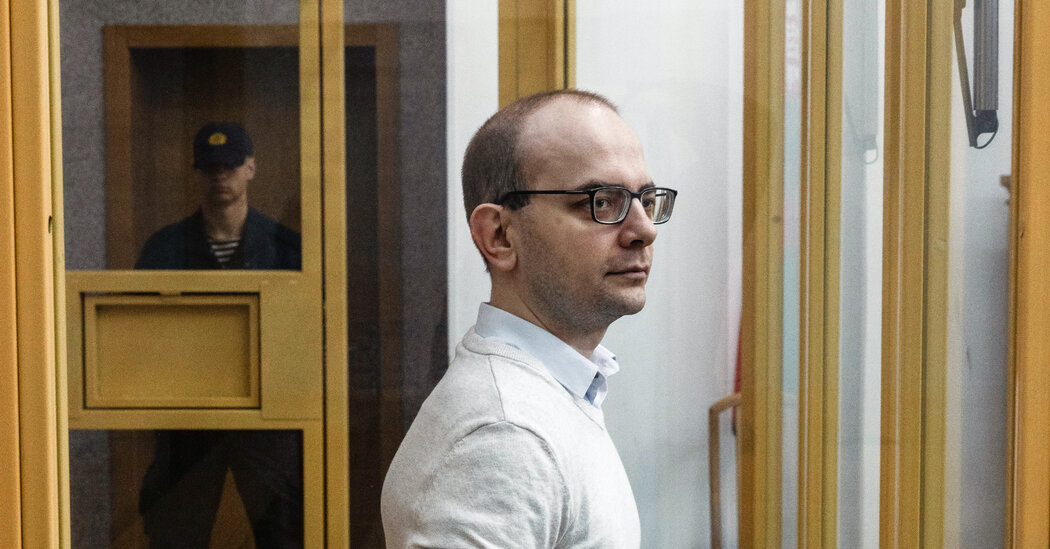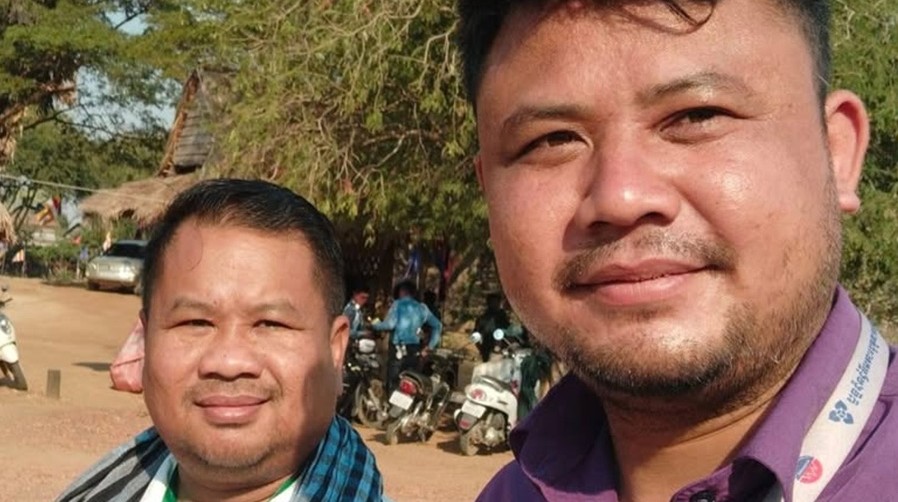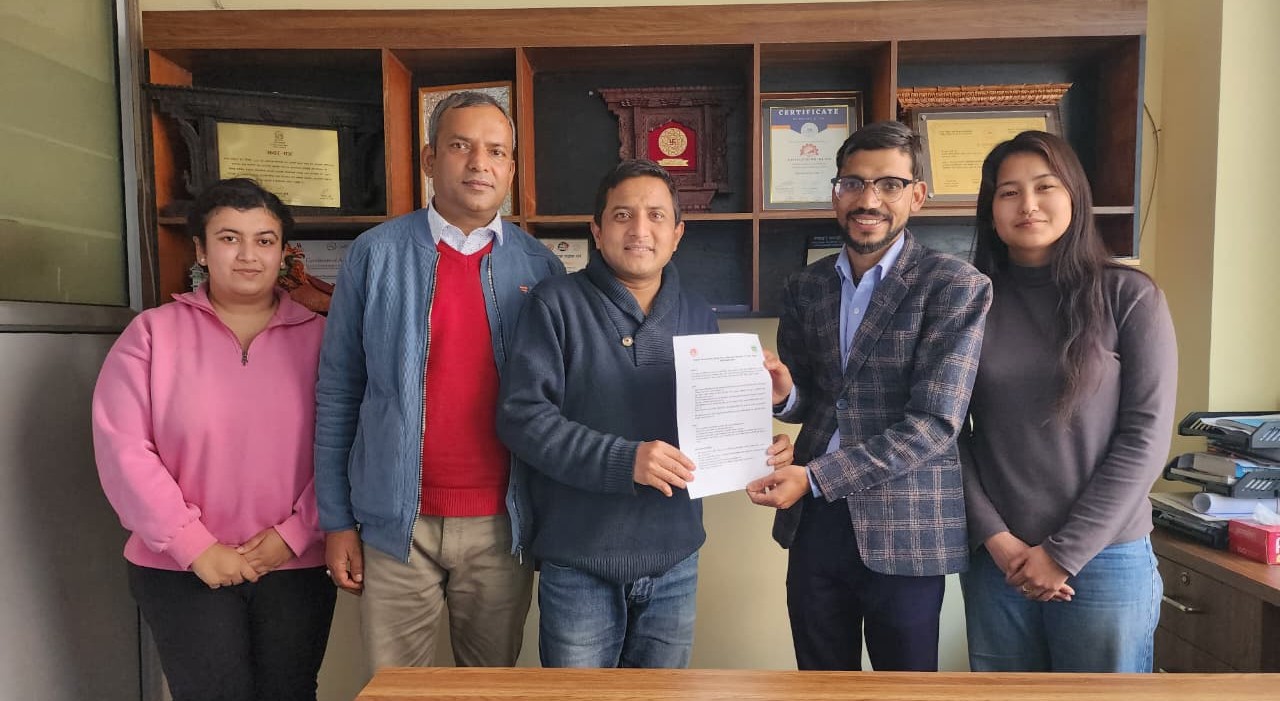
Left Behind by Democracy: The Fate of a Reporter’s Husband in Belarus
November 1, 2025
Hostage to Silence We Are Being Kept in the Dark
November 1, 2025November 01, 2025 – Afghanistan –
Afghan freelance journalist Sayed Rashid Kashifi has been released after nearly seven months in detention under Taliban authorities. His release on November 1 follows mounting calls from media rights groups demanding an end to the ongoing detention of journalists in Afghanistan. Kashifi had been arrested in April 2025 by agents of the General Directorate of Intelligence on accusations of collaborating with international media outlets. His arrest, carried out without a warrant, led to his transfer between multiple detention facilities, including the notorious Directorate 40 and Kabul’s Pul-e-Charkhi Prison.
The Afghanistan Journalists Center (AFJC), which confirmed his release, said Kashifi had been sentenced earlier this year to one year in prison by a Taliban court in Kabul. The organization welcomed his freedom but described the broader environment for media workers as “dire,” warning that many journalists remain imprisoned under vague or politically motivated charges. Rights defenders say his detention exemplifies how the Taliban continue to use judicial mechanisms and intimidation to silence independent voices.
According to local reports, Kashifi endured harsh conditions while in custody and was held largely incommunicado during the early weeks of his imprisonment. His case drew the attention of advocacy groups such as Reporters Without Borders and the Committee to Protect Journalists, which condemned his detention as arbitrary and part of a systematic campaign to restrict press activity. Despite repeated appeals, authorities provided no public evidence to justify his imprisonment.
Kashifi’s release has been cautiously welcomed by Afghan media organizations, though they emphasize that it does not signal meaningful change in the Taliban’s approach toward the press. Since returning to power in 2021, the Taliban have shut down dozens of media outlets, banned women journalists in several provinces, and imposed censorship rules that prohibit coverage critical of the regime.
While Kashifi is now free, his experience reflects the dangers Afghan journalists continue to face—detention, harassment, and intimidation for performing their professional duties. His ordeal underscores the urgent need for international pressure and stronger protections for independent reporting in one of the world’s most repressive media environments.
Reference –
Journalist Sayyed Rashid Kashifi Freed After Nearly Seven Months in Taliban Custody




